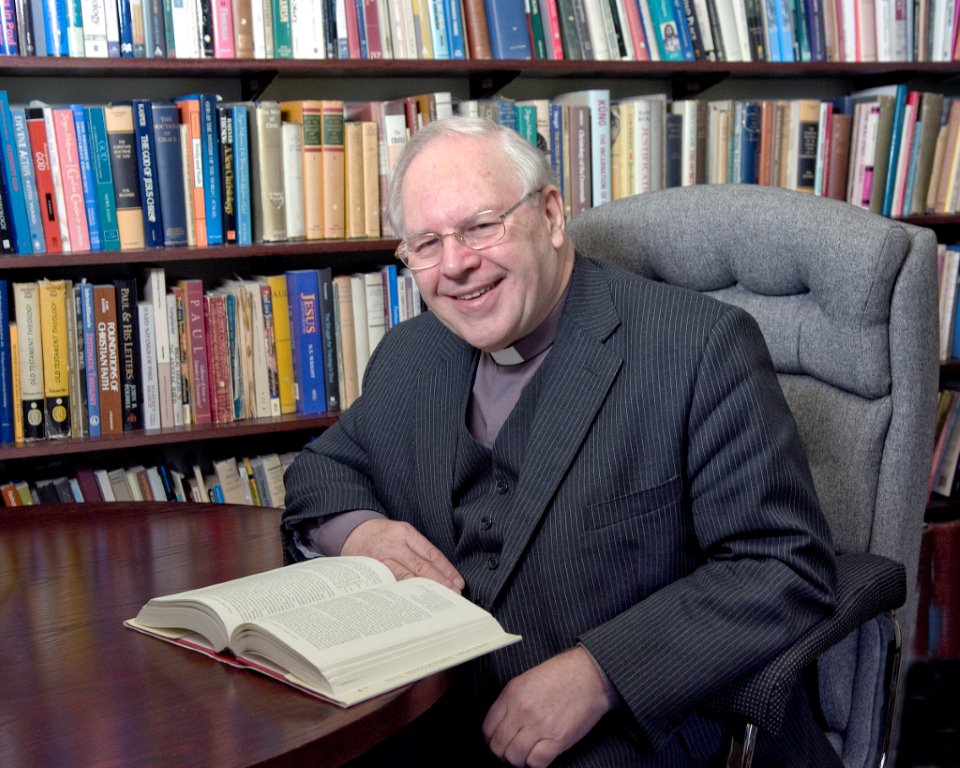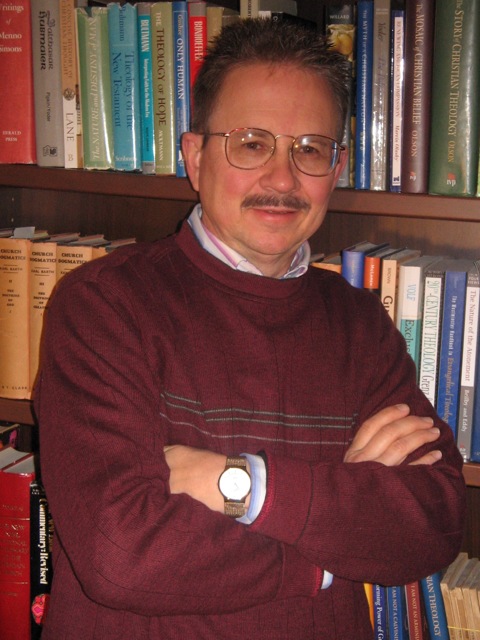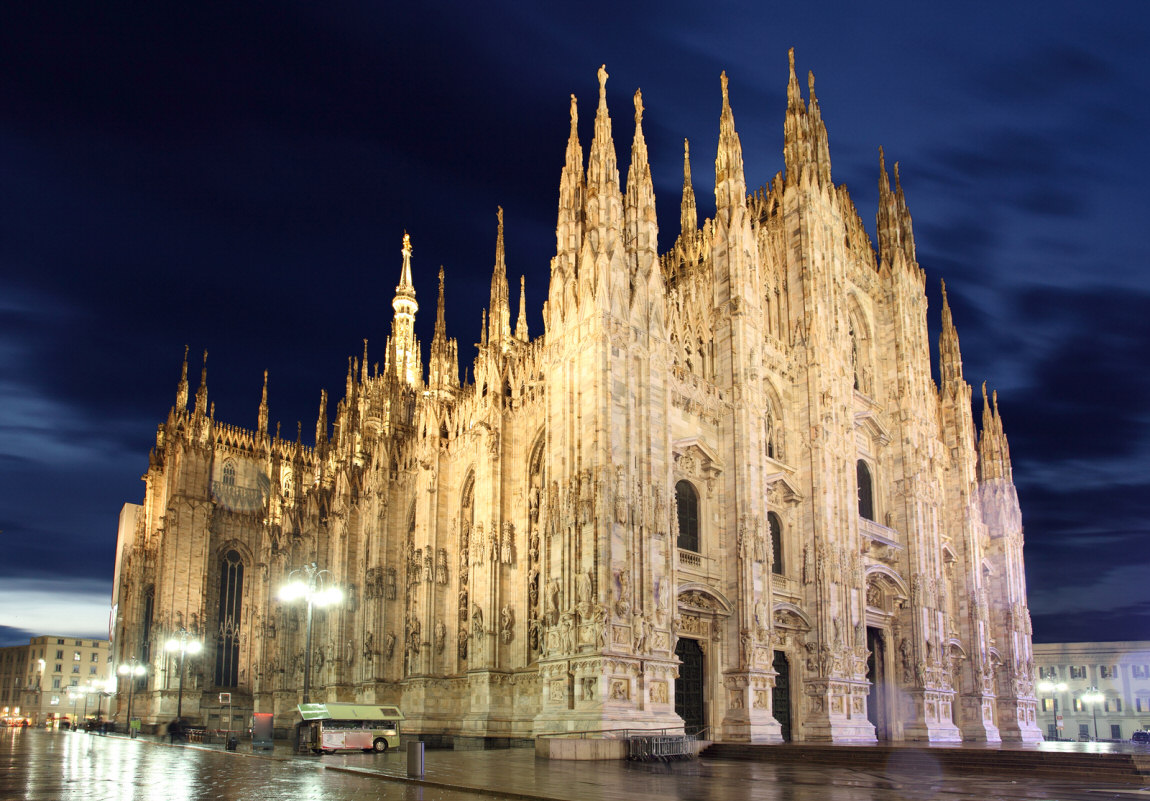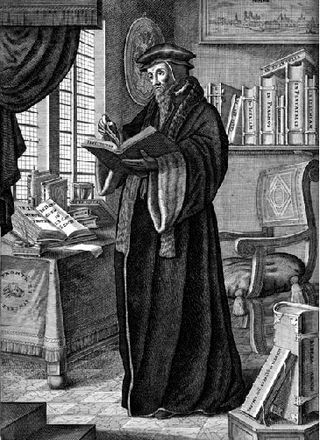 James 1:21
James 1:21
Therefore rid yourselves of all sordidness and rank growth of wickedness, and welcome with meekness the implanted word that has the power to save your souls.
After my conversion, the church I attended used the King James Version of the Bible and this became one of my favourite verses. The quaint terminology, rhythmic cadence, and almost absurd weightiness of the language made it memorable: “Wherefore, lay apart all filthiness and superfluity of naughtiness, receive with meekness the engrafted word, which is able to save your souls.” It still makes me smile. Nonetheless, the language needs updating, and even the NRSV might be clearer; the NIV reads simply, “Therefore, get rid of all moral filth and the evil that is so prevalent…”
The commentators are divided on whether this verse better belongs with verses 19-20 (e.g. Davids and McKnight) or with verses 22-25 (e.g. Moo and Vlachos). This may indicate that it is better not to divide the passage here, but to consider verses 19-27 as one overarching unit with several subsections. James’ use of “my (beloved) brothers and sisters” in verses 19 and 2:1 may be the best marker of what he intended, given he often uses this phrase to introduce a new section (cf. 1:2, 16, 19; 2:1, 2:14, 3:1, 3:10b(?), etc). There are certainly connections both with the previous section, and with that to come. The “implanted word” (Logos) recalls the “word of truth” in verse 18, as well as foreshadowing the instruction in verse 22 to be “doers of the word.” The exhortation to “receive with meekness” may echo the command to be “quick to hear” in verse 19, and several commentators suggest that the evil (kakias) spoken of in this verse is best understood in terms of malice, and so parallel to the anger of verses 19-20 (see, for example, Vlachos, 56; McKnight, 142).
James’ first instruction is not a grammatical imperative although it functions like one. “Therefore, rid yourselves” (dio apothemenoi) does suggest that this instruction is predicated upon what has come earlier, probably in verses 19-20, but also reaching back to verse 18. The participle apothemenoi literally means to “put away” or “lay aside,” and is often used in the sense of removing one’s clothing (cf. Acts 7:58). The image is common in New Testament exhortations to lay aside pre-Christian patterns of behaviour. Thus, in Romans 13:12 Paul calls on the church to “cast off the works of darkness and put on the armour of light.” This pattern of “putting off and putting on” is found also in Ephesians and Colossians. In Ephesians, the believers are to put of the old self and put on the new self (4:22-24; cf. v. 25), while in Colossians they must put away anger, wrath, malice, slander, and obscene talk, and put on compassion, kindness, humility, meekness, patience, and love (3:8-14). The author to the letter of Hebrews exhorts his readers to “lay aside every weight, and sin which clings so closely” so that they may be freed to run the race set before them (12:1). Finally, Peter also instructs his hearers to “put away” all malice, deceit, hypocrisy, envy and slander, and to hunger for the word of God that they may grow up into salvation (2:1-2). All these texts show that this was a common theme and metaphor in early Christian teaching.
James calls upon his readers to rid themselves of “all sordidness and rank growth of wickedness” (pasan rhyparian kai perisseian kakias). Rhyparian continues the clothing metaphor, its cognate being used for the shabby clothing of the poor in 2:2. The adjectival form is also used in Zechariah 3:3-4:
Now Joshua was dressed in filthy clothes as he stood before the angel. The angel said to those who were standing before him, ‘Take off his filthy clothes.’ And to him he said, ‘See, I have taken your guilt away from you, and I will clothe you in festal apparel.’
It is impossible to know whether this text stands behind the common New Testament usage, but its context is suggestive. Joshua the high priest must take off his filthy clothes and be clothed with “festal apparel” (“pure vestments” [ESV]) in order to stand before the Angel of the Lord. The change of clothing is a symbol of his cleansing from sin, and so the change of status given him. The metaphoric use of the term also indicates that the concern of the writer is with moral filthiness. The “rank growth of wickedness” (perisseian kakias) is literally, “abundance of evil,” although as already noted, it may be better to understand kakias as malice (cf. vv. 19-20; 1 Peter 2:1). This translation would suggest that James’ admonition in verses 19-20 were not simply general advice, but specific instruction directed toward disunity and anger in his community. The NRSV correctly picks up the “middle voice” of the participle: “rid yourselves,” which indicates the believer’s responsibility for a deliberate and decisive repudiation of all these things.
Repentance in the New Testament, however, is more than simply repudiation. Not only must the believer turn from that which is evil; they must also turn toward and embrace that which is good. Thus the second part of the verse—“and receive with meekness the implanted word” (en praútēti dexasthe ton emphyton logon)—provides this balance in James’ teaching. Praútēs (meekness, gentleness or humility) stands in contrast to the anger and refusal to listen of verses 19-20. Instead of an aggressive or demanding disposition, James’ hearers must adopt the meekness that characterised Jesus (Matthew 11:29) and so “receive with meekness” the implanted word. Vlachos (57) suggests that the aorist imperative for “receive” (dexasthe) be interpreted in parallel to apothemenoi as a “true middle” with the sense of “open yourselves up to” the word of God, and so once more affirming the believer’s responsibility. The imperative calls the community to a humble listening to and hearing of the word of God (“be quick to hear!”), which must be welcomed and embraced if it is to work powerfully in one’s life. That this word must be “received” and is also “implanted” in us, shows that it is a work of grace to which we are called to respond, one of the good and perfect gifts which is from above (v.17), and for which we are allowed to pray (v. 5).
How is this word implanted? That it must be received suggests that it comes from without, most likely through the preaching and teaching ministries of the church. In verse 18 James showed us that our “new birth” was occasioned “by the word of truth,” which as we noted then, is an expression synonymous in the New Testament with the gospel. James says more: this word “has the power to save your souls” (ton dunamenon sōsai tas psychas humōn). Believers are to “open themselves up to” this word, maintain a continual openness toward it, so that its power might be continually at work within them. Although we are already born again or brought forth by the word of truth (v. 18), we are still awaiting the completion of our salvation, which in James refers to deliverance from the eschatological judgement which is yet to come. The same word by which we were brought to new birth is the same word by which we grow and by which we finally will be delivered. When James says that our soul will be saved, he likely is referring to our whole person, and not simply to some immaterial aspect of our being.
This verse, then, is a call to repentance—a life of continual repentance, which includes a decisive turning away from all the kinds of evil that characterised our pre-Christian life, and a humble, voluntary openness and submission to God through his word. This is not to be understood as a dour or joyless life, but as a life lived in accordance with God’s good and perfect purpose, a life, James will go on to explain, of liberty, generosity and moral integrity.
 A book I have had for a while now and only dipped into from time to time is Anthony Thiselton’s The Hermeneutics of Doctrine. Those few chapters I have read have been so good, I keep saying to myself, “I must read that book through, one day.” But I haven’t because I know it will require an investment of many, many hours.
A book I have had for a while now and only dipped into from time to time is Anthony Thiselton’s The Hermeneutics of Doctrine. Those few chapters I have read have been so good, I keep saying to myself, “I must read that book through, one day.” But I haven’t because I know it will require an investment of many, many hours.




 I already have all of these in real books, but it is a very good introductory special for those who want or like digital versions. There are selections from across the decades of Barth’s career, from the early 1920s through to a few final pieces from shortly before his death in 1968. Some of them are major works – The Münster Ethics (1928), Barth’s Gifford lectures The Knowledge of God and the Service of God (1937-1938), and Theology and Church, a collection of essays from 1920-1928. Others are occasional pieces, including lecture series, sermons, short theological pieces, and Barth’s tribute to Mozart, with whom he carried on a life-long love affair. Also included in the set is the massive biography by his friend and student Eberhard Busch, which I have reviewed in three posts under the title of
I already have all of these in real books, but it is a very good introductory special for those who want or like digital versions. There are selections from across the decades of Barth’s career, from the early 1920s through to a few final pieces from shortly before his death in 1968. Some of them are major works – The Münster Ethics (1928), Barth’s Gifford lectures The Knowledge of God and the Service of God (1937-1938), and Theology and Church, a collection of essays from 1920-1928. Others are occasional pieces, including lecture series, sermons, short theological pieces, and Barth’s tribute to Mozart, with whom he carried on a life-long love affair. Also included in the set is the massive biography by his friend and student Eberhard Busch, which I have reviewed in three posts under the title of